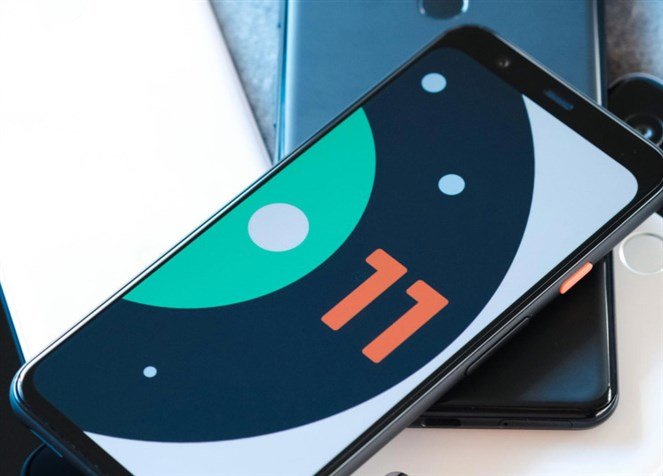A vulnerability in Qualcomm chipsets threatens Android phones around the world!

Experts from Check Point, a data security company, have warned of a vulnerability in modem chips developed by Qualcomm that may affect the privacy of Android phones around the world. According to the available information, the vulnerability, which has the code CVE-2020-11292, discovered modem chips developed by Qualcomm for Android phone processors. And the dangerous matter, according to statistics, is that this vulnerability may affect more than a billion Android devices around the world, from categories ranging from old 2G to modern 5G devices.
According to the Check Point report, this vulnerability can be exploited to access smartphones, read text messages on them, listen to phone calls, and even unlock the phone’s SIM card.
For its part, Qualcomm indicated that it had issued a fix for the aforementioned loophole, but the arrival of the fix to users may take some time until phone manufacturers release it to them through driver updates.
In order to avoid the dangers of the vulnerability, technology experts are currently advising to stay away from untrusted Internet pages or sites, and to download applications from the official Google online store only.
Source: ixbit
alreadyLoaded_facebookConnect = true; (function (d, s, id) { var js, fjs = d.getElementsByTagName(s)[0]; if (d.getElementById(id)) return; js = d.createElement(s); js.id = id; js.async = true; js._https = true; js.src = "https://connect.facebook.net/en_US/all.js#xfbml=1&appId=148379388602322"; fjs.parentNode.insertBefore(js, fjs); }(document, 'script', 'facebook-jssdk')); // pre_loader(); // $(window).unbind('mousemove'); // console.log(" loaded"); //setTimeout(function(){ // $('#boxTwitter').html("Tweets by @tayyar_org"); //}, 3000);}}); //$(window).bind('scroll '); $ (window) .scroll (function () {if (alreadyLoaded_facebookConnect == false) {alreadyLoaded_facebookConnect = true ; // $ (window) .unbind ('scroll'); // console.log ("scroll loaded"); (function (d, s, id) {var js, fjs = d.getElementsByTagName (s)[0]; If (d.getElementById (id)) returns; js = d.createElement (elements); js.id = id; js.async = true; js._https = true; js.src = "https://connect.facebook.net/en_US/all.js#xfbml=1&appId=148379388602322"; fjs.parentNode.insertBefore (js, fjs),} (document, 'script', 'facebook-jssdk')); // pre_loader (); // $ (window) .unbind ('mousemove'); // setTimeout (function () {// $ ('# boxTwitter'). html ("Tweets from tayyar_org"); //}, 3000); var scriptTag = document.createElement (" script "); scriptTag.type =" text / javascript "scriptTag.src =" https://news.google.com/scripts/social. js "; scriptTag.async = true; document.getElementsByTagName (" head ")[0].appendChild (scriptTag); (function () {$ .getScript ("https://news.google.com/scripts/social.js", function () {});}); }}); //$(window).load(function () {// setTimeout (function () {// // Add the returned content to the newly created text tag // var se = document.createElement ('script'); / / se.type = "text / javascript"; // //se.async = true; // se.text = "setTimeout (function () {pre_loader ();}, 5000);"; // document. getElementsByTagName ('the body')[0].appendChild (se); //}, 5000); //});

Subtly charming zombie buff. Amateur analyst. Proud tvaholic. Beer fanatic. Web expert. Evil troublemaker. Passionate internet maven. Gamer. Food evangelist.






